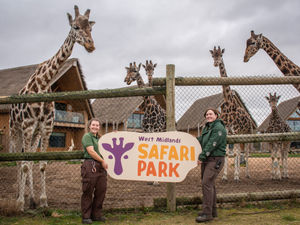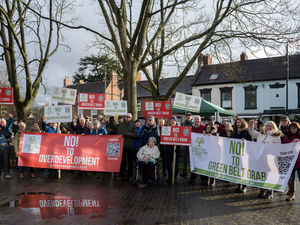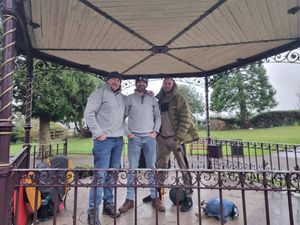Remarkable story of the house that helped those displaced by war feel at home in Wellington
Not far from Wellington town centre stands a handsome but unremarkable house – yet with a remarkable story which earns it a place in the town's post-war social history.
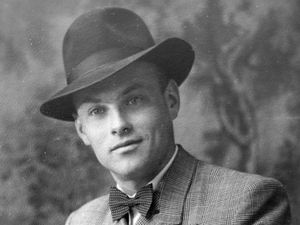
For those displaced by war and unable to return to their home countries it was a social centre, a help centre, and a lifeline.
It saw countless visitors dropping in seeking the help they needed to get by, and get on, as strangers in a foreign land.
For Les Mondry-Flesch, the property in Wrekin Road was his birthplace and where he was brought up, meeting and mingling with many of those characters.
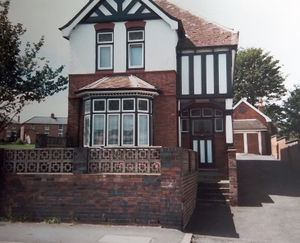
"It was a sort of unofficial social centre for the Europeans stranded here after World War Two," said Les, who lives now in Lymington, Hampshire.
"My parents had the reputation of serving the best coffee in town.
"The Wellington area had around 10 prisoner of war camps and a big European Voluntary Workers’ camp at Donnington. When they closed, many of the ‘inmates’ found homes in the area. And many came to 22 Wrekin Road, not just for the coffee."
There was more to it than serving coffee because Les' dad, Emil Mondry, spoke and wrote several languages and dialects – he was a German-speaking Romanian – and was able to help with their paperwork, form-filling, and so on.
"The later post-war period was a time when form-filling and government regulation was endemic and 22 Wrekin Road became a sort of unofficial help and translation centre."


